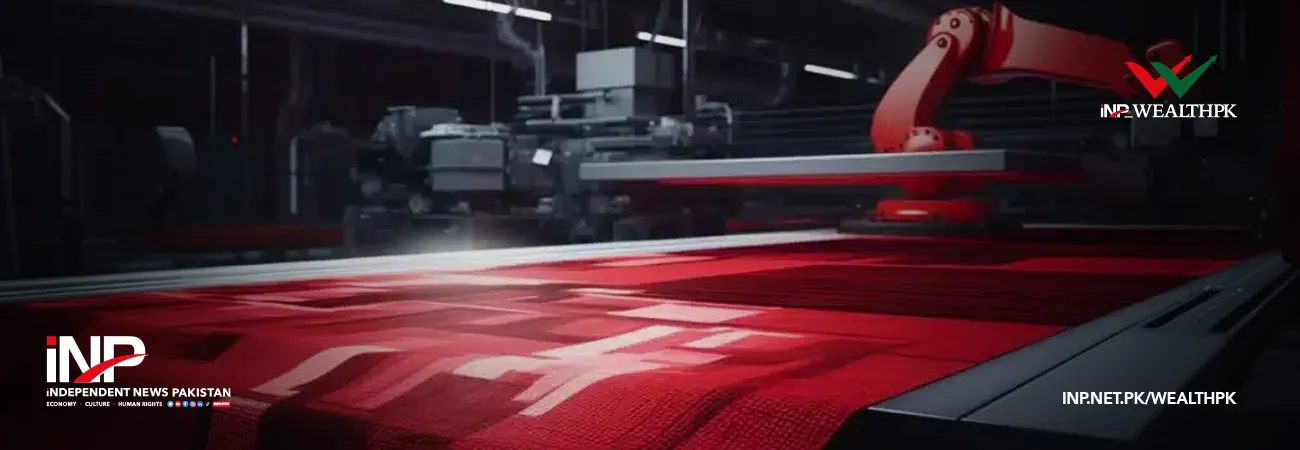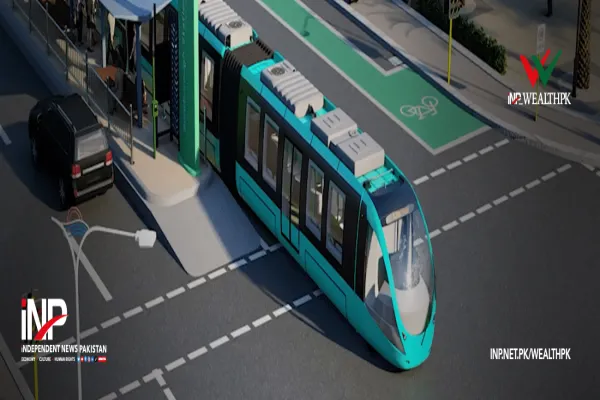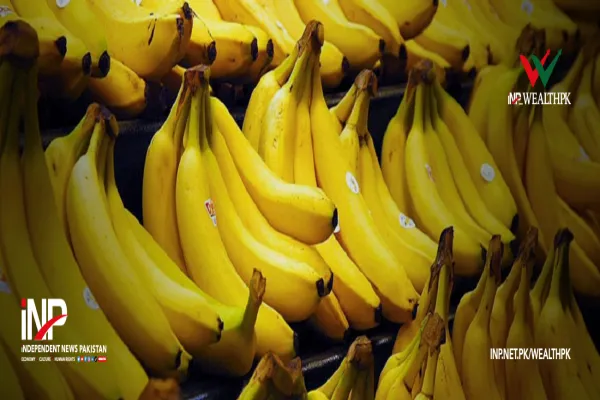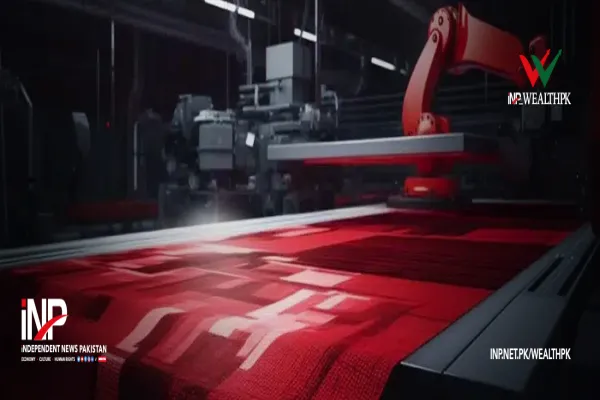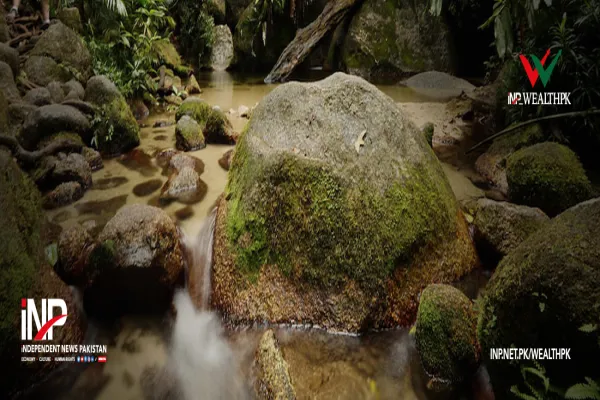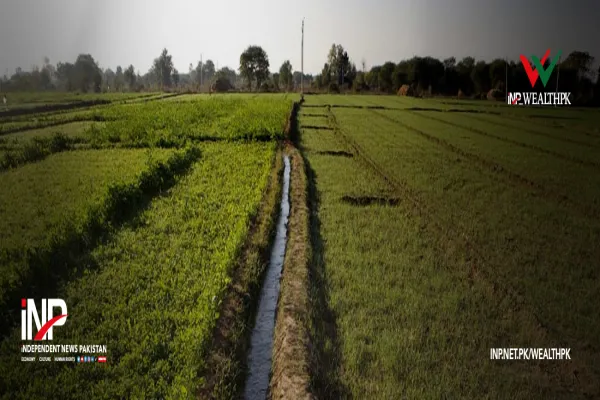i INP-WEALTHPK
Muhammad Saleem
Textile manufacturers in Faisalabad can benefit from Chinese smart technology firms in areas such as automation, AI-driven production lines, and smart logistics.

Talking to WealthPK, Salamat Ali, former central chairman of the Pakistan Hosiery Manufacturers and Exporters Association, said Chinese companies are leveraging artificial intelligence to accelerate their production processes. Discussing the current challenges faced by the textile sector, he said that rising labour costs, quality control issues, and slow production processes are hampering growth.
“We’re also struggling with inventory management and meeting international delivery deadlines. Many of our processes are still manual, which leads to mistakes and waste,” he said, adding that integrating AI could help overcome these challenges. Faisalabad is the backbone of Pakistan’s textile industry, producing 60% of the country’s textile products. Due to its world-acclaimed textile products, the district generates billions of dollars in export proceeds.
“If we start using Chinese technology and our factories modernise, we can efficiently increase production by 40 to 50%. This change will not only create more jobs but will also help skilled workers earn better. Moreover, Pakistan would be in a stronger position to compete effectively with rivals like Bangladesh and Vietnam in the international market,” Ali said.
Obeid Babar, a Chinese product importer, told WealthPK that Chinese companies have developed effective solutions to the problems faced by Pakistan’s textile and other industrial sectors. He said that Chinese innovations can automate production lines, increase speed by up to 300%, and reduce errors. He explained that systems based on artificial intelligence can predict machine breakdowns in advance, saving both valuable time and money.
“Smart sensors used in these technologies are capable of monitoring fabric quality in real-time, and can promptly catch any defects,” he added. Shedding light on other Chinese innovations, Babar said that companies have also developed AI-powered spinning and weaving machines that automatically adjust settings. Similarly, he noted that the Chinese entrepreneurs have introduced smart logistics systems that track orders from raw cotton to finished products.
Besides, he said that predictive maintenance is another valuable technology, with sensors that alert users when machines need servicing – before they actually break down. Babar acknowledged that despite the proven effectiveness of these innovations, Pakistani entrepreneurs remain reluctant to invest in such technologies. Sharing the concerns of the Pakistani businessmen hesitant to adopt these technologies, he said that the primary concern among business owners is the high initial cost.
Additionally, he said that there is apprehension about potential resistance from workers unfamiliar with these advanced machines and systems. However, he emphasised that this issue can be tackled by providing proper training. Besides, he noted that Pakistani industrialists are wary of becoming reliant on Chinese suppliers for maintenance and spare parts.
“Our entrepreneurs are focusing only on the initial investment, without recognising that these technologies can speed up their processes, reduce waste, and enable timely maintenance of machinery,” Babar said. “Many Chinese companies are setting up service centres in Pakistan, so the availability of spare parts, maintenance of machines and training of workers will not pose major challenges,” he said.
Credit: INP-WealthPk



